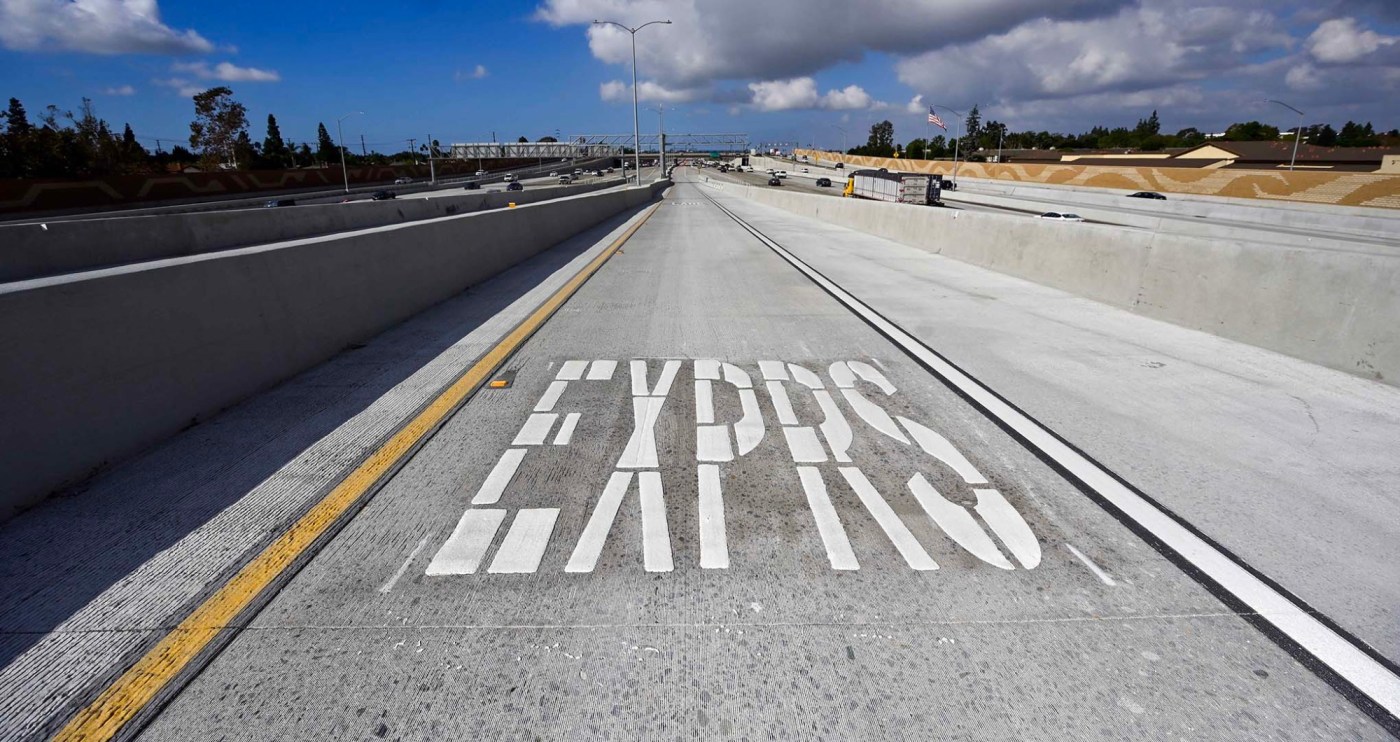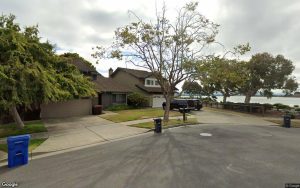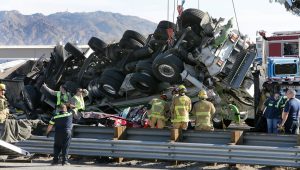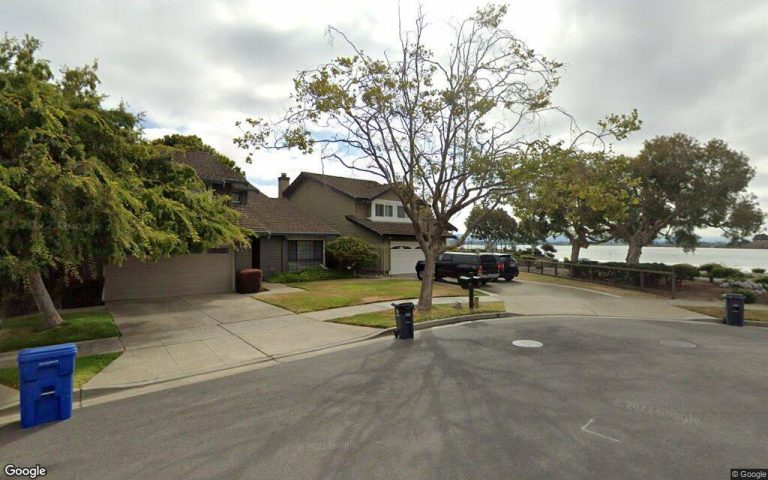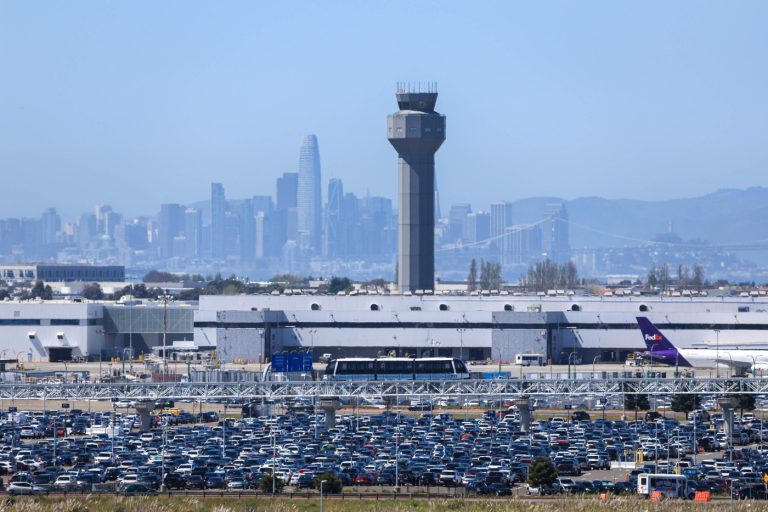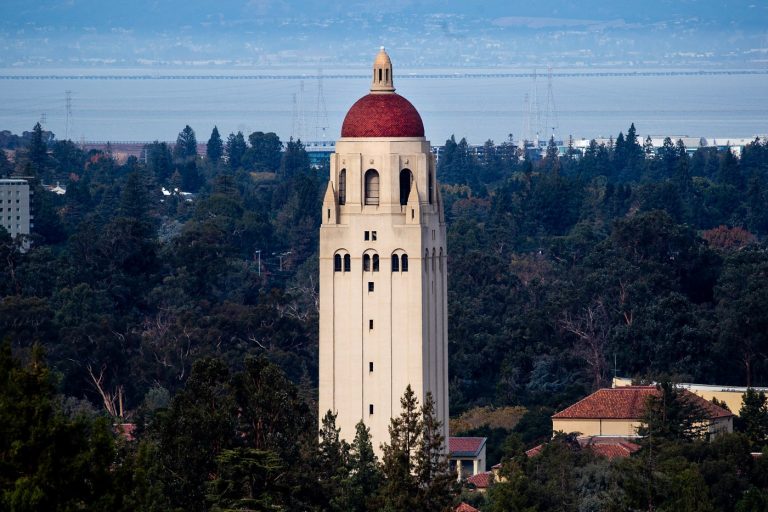Have you gotten a text message lately, allegedly from FasTrak, claiming you owe money for using a toll road?
The message looks legitimate. The agency name is correct, and you might even have a transponder and recently used a local toll road.
But the text message is scam, says California Attorney General Rob Bonta.
Related Articles
Doxxing victims in California may gain right to sue to ‘bring some power back’
Experts: US hospitals prone to cyberattacks like one that hurt patient care at Ascension
California’s biggest credit union SchoolsFirst tackles cybersecurity
Car dealerships across US halt services after cyberattack
Burglary gangs are literally planting cameras in California yards to spy on residents, police say
Bonta’s office on Monday, July 1 issued a consumer alert following “an uptick in text-based scams claiming consumers owe express lane or toll charges and asking for online payment.”
The text scams work by duping recipients with a message they have “overdue toll charges.” In order to avoid late fees, the consumer is told to clink the embedded link for more details.
“This is most likely not the tolling agency, but a scammer,” Bonta’s office said.
Clicking the link can lead to a phishing attack, an elaborate ruse to collect more information from the panicked consumer. Giving out that information can lead to identity fraud.
Consumers lost at least $12.5 billion to cybercrime in 2022, which is up 22% in the U.S., according to a report by the FBI’s Internet Crime Complaint Center. In five years, the agency has recorded 3.8 million complaints and losses topping $37 billion.
FasTrak, the e-toll collection system used statewide, does not request payment by text with a link to a website, Bonta said.
Here’s what you should do instead, according to the AG:
—If you get a text message seemingly from Fastrak seeking toll charges, take a screenshot and then delete the message, reporting it to your provider as “junk” or “spam.” Avoid clicking on any links in the message.
—File a complaint to the FBI (ic3.gov), the Federal Trade Commission (reportfraud.ftc.gov) and the state AG’s office at oag.ca.gov/contact/general-contact-form. Include the phone number from where the text originated, and the website listed within the text.
Related Articles
Report: 15, 10 and 5 freeways are deadliest in California, as traffic deaths rise
Body possibly belonging to San Jose teen pulled from San Joaquin River
East Oakland shooting leaves one dead, another injured
Newsom touts rival shoplifting and drugs ballot initiative to weaken Prop 47
Suspect arrested, charged in East Bay sexual assaults, one at gunpoint
—Check your actual account using the toll service’s legitimate website (don’t use the text links). Those websites are different depending on which end of California you live:
Southern California: bayareafastrak.org/en/toll-locations/express-lanes-southern-california.shtml
Northern California: bayareafastrak.org/en/home/index.shtml
—Dispute any unfamiliar charges.
Bonta’s office said consumers can also share the phishing experience with their friends and family in order to spread the word about the scam.
It’s not unheard of to get a letter from FasTrak that also might be incorrect. Sometimes wires get crossed and consumers are cited for using a toll road without a transponder or toll road account. In those instances, recipients should contact FasTrak and dispute the charge. The agency will pull up the traffic cameras used at tolling stations to confirm your car was not in the lane and record the charge to the appropriate vehicle owner.
Contact FasTrak customer service at 877-229-8655.
